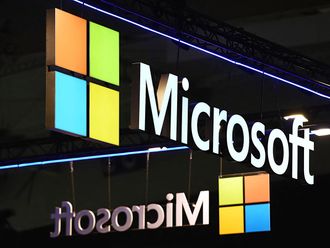Washington: The US House of Representatives voted unanimously on Wednesday to oppose any efforts to give the United Nations new authority to regulate the Internet.
The 397-0 vote, following a similar vote in the Senate, came as delegates were meeting in Dubai to revise a global telecom treaty, a gathering which some say could be used to impose new controls on the Internet.
Representative Greg Walden said ahead of the vote that lawmakers should “send a strong bipartisan, bicameral signal about America’s commitment to an unregulated Internet.”
He said Washington should not “stand idly by while countries like Russia and China seek to extort control over the Internet.”
Representative Marsha Blackburn echoed the comments, saying that “several hostile countries are seeking to use this opportunity to impose new international regulations on the Internet.”
She added: “We need to send a strong message to the world that the Internet has thrived under a decentralised, bottom-up multi-stakeholder governance model
The gathering which opened this week in Dubai of the UN’s International Telecommunications Union has triggered fierce objections from Washington, and from Internet freedom activists who fear new rules that could end the freewheeling system of the Internet.
But ITU chief Hamadoun Toure, who kicked off the World Conference on International Telecommunications (WCIT-12) on Monday, said Internet freedom of expression will not be touched during the discussions at the meeting.
Among the critics, Google has been vocal in warning of serious repercussions on the Internet if proposals made by member states are approved at the WCIT-12 meeting, including permitting censorship over legitimate content.
Google and others also say some proposals would impose a “sender pay” system for the Web, which could lead to Web firms being forced to pay huge amounts to deliver their services globally.
The resolution approved by lawmakers expressed “the sense of Congress regarding actions to preserve and advance the multi-stakeholder governance model under which the Internet has thrived.”












